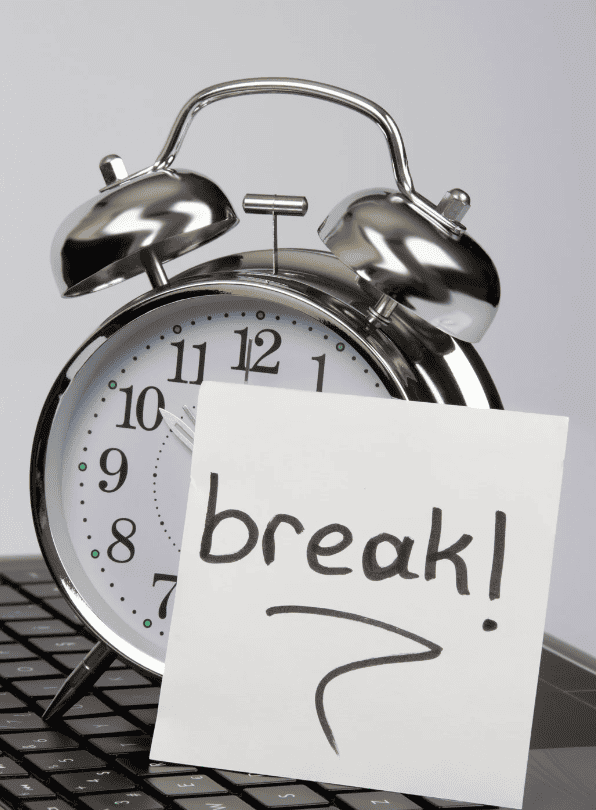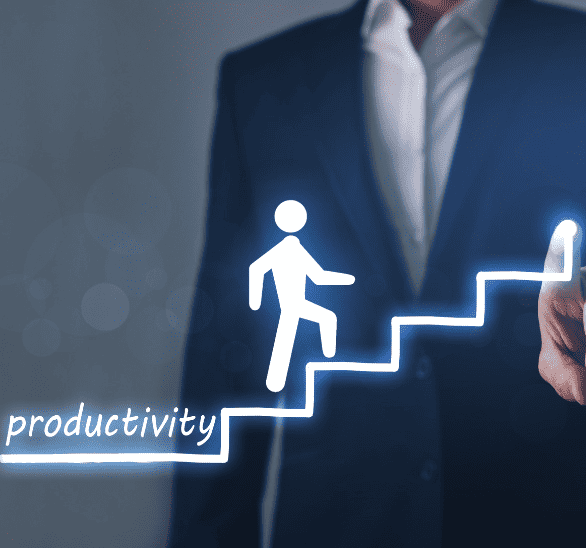
After a long holiday season you must be thinking of heading back to work, dive head first into all the work possible to catch up with everything you left pending. But how about pacing yourself to avoid those feelings of anxiety?
In our fast-paced, high-pressure world, success often seems just a step away from those who work tirelessly day in and day out. We’re told that hard work and perseverance are the key to achieving our goals. And while there’s no doubt that these qualities are essential, we often overlook a critical component of success—resilience. According to experts, many working adults misunderstand what true resilience entails. It’s not just about pushing through long hours; it’s about knowing when to stop, recover, and then embark on the journey of hard work again. In this blog, we’ll explore why recovery is crucial for building resilience and how it can prevent lost productivity and promote overall well-being.
The Misconception of Resilience
Before delving into the importance of recovery, let’s address the common misconception about resilience. Many of us equate resilience solely with relentless effort and unwavering determination. We believe that pushing ourselves to the brink is a sign of strength and commitment. While hard work is undoubtedly a component of resilience, it’s not the whole picture.
The Role of Recovery
True resilience involves recognising the significance of recovery. Just as a muscle needs time to recover after a strenuous workout, our minds and bodies require breaks to perform optimally. This is where the concept of “stopping” comes into play. Stopping means stepping back from the constant demands of work, unplugging from digital devices, and giving ourselves the time and space needed to recharge.
The Benefits of Recovery
- Enhanced Productivity: Contrary to popular belief, working long hours without breaks can lead to diminishing returns. Fatigue sets in, concentration wanes, and creativity takes a hit. On the other hand, incorporating regular breaks into your day can boost productivity. Short breaks allow you to reset your focus, return to tasks with renewed energy, and make better decisions.
- Improved Mental Health: Continuous stress and overwork can take a toll on your mental well-being. Burnout, anxiety, and depression are all potential consequences of neglecting your mental health. Taking breaks, whether it’s a leisurely lunch away from your desk or a vacation, provides a chance to decompress, reduce stress levels, and promote a more positive mindset.
- Physical Health Benefits: Neglecting breaks not only impacts your mental health but also your physical health. Sitting for prolonged periods and working without pause can lead to various health issues, including musculoskeletal problems, obesity, and heart disease. Regular breaks, which may include short walks or stretching exercises, can mitigate these risks and improve your overall health.
- Enhanced Creativity and Problem-Solving: Stepping away from work allows your brain to engage in divergent thinking. It’s during these moments of relaxation that creative ideas often emerge, and complex problems may find elegant solutions. Breaks provide your mind with the necessary space for innovation and fresh perspectives.
But how can I incorporate recovery into my routine?
Now that we understand the importance of recovery, let’s explore practical ways to incorporate it into your daily life:
- Schedule Short Breaks: Set aside specific times during your workday for short breaks. Even a five-minute breather can make a significant difference in your energy and focus levels.
- Disconnect from Devices: Make a conscious effort to disconnect from your phone and computer during breaks. Engage in activities that don’t involve screens, such as reading a book, going for a walk, or simply sitting quietly in contemplation.


- Prioritise Vacation Time: Don’t let your vacation days go to waste. Plan and take vacations to fully unwind and rejuvenate. Time away from work can lead to greater creativity and a more balanced life.
- Practice Mindfulness: Incorporate mindfulness techniques into your daily routine. Meditation and deep breathing exercises can help you relax, reduce stress, and improve your resilience.
Resilience isn’t just about working hard; it’s about working smart. To build true resilience, we must embrace the concept of recovery. By taking regular breaks, disconnecting from the constant demands of work, and prioritizing our mental and physical health, we can not only prevent lost productivity but also lead more fulfilling lives. Remember, success is not a sprint; it’s a marathon, and resilience is the key to crossing the finish line with your well-being intact.



